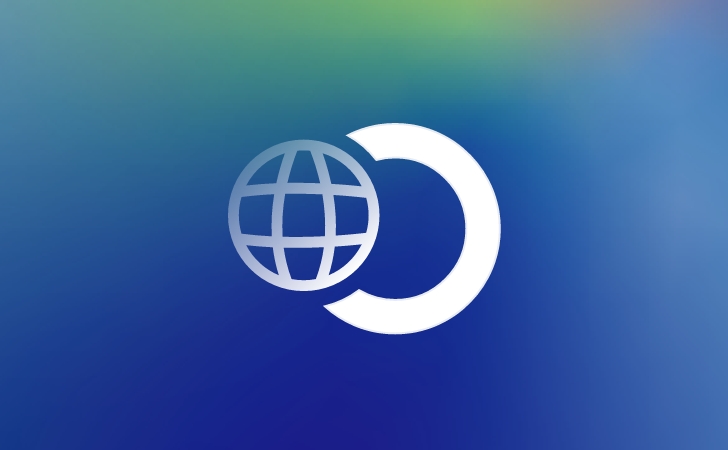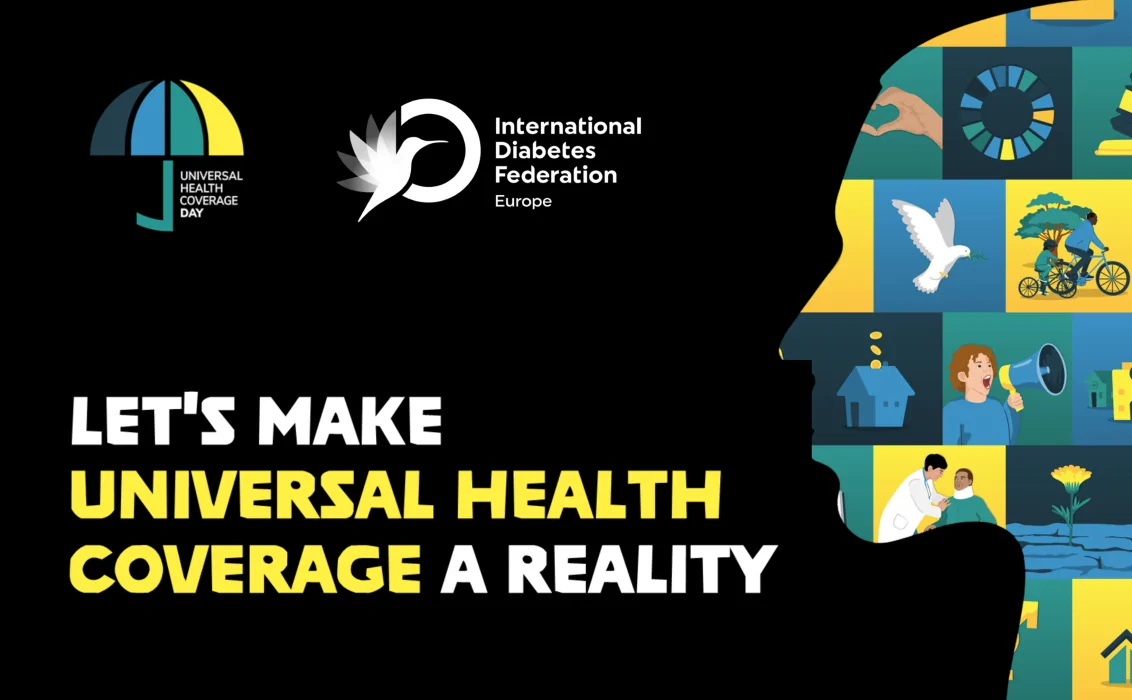On World Water Day, João Manuel Valente Nabais, former President of IDF Europe, speaks about the situation in his country, Portugal, and present actions which have recently been taken to prevent type 2 diabetes.
Brussels 22 March 2017
Adopting our strategy to prevent type 2 diabetes in Portugal
Access to affordable drinking water remains a challenge for many citizens across the European region, and the cost of bottled soft drinks is often competitive to bottled water. Evidence shows that the type of liquids we drink have a long-term impact on health, influencing the development of overweight, obesity and metabolic diseases, including type 2 diabetes. With up to 25% of the daily energy intake in children coming from free sugar, especially from beverages, Portugal is facing a great threat.
On World Water Day, João Manuel Valente Nabais, former President of IDF Europe, speaks about the situation in his country, Portugal, and present actions which have recently been taken to prevent type 2 diabetes.
Joao, you have been active in the fight against diabetes since 1981. How do you explain the rapid growth of diabetes in Europe and especially in Portugal?
Like everywhere else in Europe, our way of living has changed. This is clearly illustrated in the National Survey on Physical Activity and Nutrition which was published just a few days ago. The Portuguese population has moved away from a traditional Mediterranean Diet, known to be extremely healthy, to a global diet. For example, 53% of the population eat less vegetables and fruit than recommended daily. Sugary beverages start to replace water in our meals, with the consequence that 15% of the population consumes too much sugar.
If you add to these modified eating habits a decrease in the level of physical activity -only 42% of the population is physically active on a regular basis; 87% of the children watch television up to 2 hours per day – you start to have an answer to your question. Today in Portugal, 23% of the population is overweight or obese. This is an unprecedented reality.
According to the World Health Organisation, up to 25% of the daily energy intake in children in Portugal come from free sugar, especially from beverages. How do you explain this situation?
This is a dramatic situation indeed. In Portugal the availability of sugary beverages per person per day has increased from 102 to 204 ml between 1990 and 2012. Milk and water have been substituted by sugary beverages in our diet mainly because they are available everywhere through vending machines, shops, supermarkets, and highly promoted. Children and adolescents are exposed to aggressive marketing campaigns led by food and beverage producers. This type of advertisement has been recently banned to protect our children, but it will take a number of years until we can start to see the results of this ban.
With the support of two national diabetes associations (Associação Protectora dos Diabéticos de Portugal and Sociedade Portuguesa de Diabetologia), Portugal has recently adopted a sugar tax. Can you tell us more about this tax, which was recently adopted?
The associations, working closely with the National Diabetes Programme, have been active in multiple ways. The National Programme for a Healthy Food has played a relevant role as well. The first body approached was the Health Committee of the National Parliament, as its members are more prone to understand and be involved in advocacy efforts needed at the Parliament and Government levels. It has been a long struggle because the subject divided Parliamentarians within their own parties and also divided members of the Government. It was a long but successful struggle as the tax was implemented on 1st of February 2017. For beverages with a sugar content lower than 80g/l the tax is 8,22 euros/100l, for products with a sugar content higher than 80g/l the tax is 16,46 euros/100l.
We all hope that the implementation of the tax will mean a decrease in the consumption of sugary beverages and, as consequence, of the daily sugar intake. However, I am a bit skeptical about its real impact and I personnaly think it will only affect a very small number of people: studies point out that such taxes only have a positive impact if the price increases by 10 to 20%, which is not the case in Portugal. This only a first step! The government must implement action to promote the healthy lifestyle for instance on schools.
Allocation of the funds generated by the tax is another issue, in my opinion. In Portugal we cannot attribute the money collected by specific taxes, such as the sugar tax, to a specific use. The money will thus end up in the big basket of taxes collected. The Government did mention nevertheless that this money would contribute to the sustainability of the National Health System. I do hope that a prevention programme to fight type 2 diabetes will also emerge from this tax.
Sugar tax is one strategy with a proven record in several countries to decrease the incidence of type 2 diabetes. Which other strategies are you implementing in Portugal?
Various strategies have been implemented in Portugal in the last years, the most recent being that products with added sugar, high content in fat and salt cannot be made available in vending machines in any building of the Portuguese Health System, including hospitals and healthcare centers. For a few years now, we have a good National Diabetes Plan that has several coordinated activities with the national Programme for the Promotion of Physical Activity and the Nutrition such as the latest initiative, “Não à diabetes” (No to Diabetes) which started in 2016. It is a 5-year prevention programme targeted at 50.000 people at high risk of developing type 2 diabetes. The idea is to work in close cooperation with the Municipalities and designate, in each of them, a Diabetes Manager who is trained to identify people at risk, work with them and with the local healthcare centers to change their lifestyle (http://naoadiabetes.pt).
You know I am a football fan. In sport, you always have to adapt your strategy to counteract your opponent. Together with all the diabetes stakeholders in Portugal, this is what we are doing. And as our national team during the Euro 2016, I am convinced that we will win the fight against diabetes!
About IDF Europe: IDF Europe is an inclusive and multicultural umbrella organization of 70 national diabetes associations in 47 countries across the European region, representing people living with diabetes and healthcare professionals. Through our activities we aim to influence policy, increase public awareness and encourage health improvement, as well as promote the exchange of best practice and high-quality information about diabetes throughout the European region. We provide essential expertise and up-to-date evidence on diabetes, support awareness campaigns through a wide network of partners and stakeholders, and work with European and international organizations towards the development, implementation and monitoring of effective public policies for diabetes.



